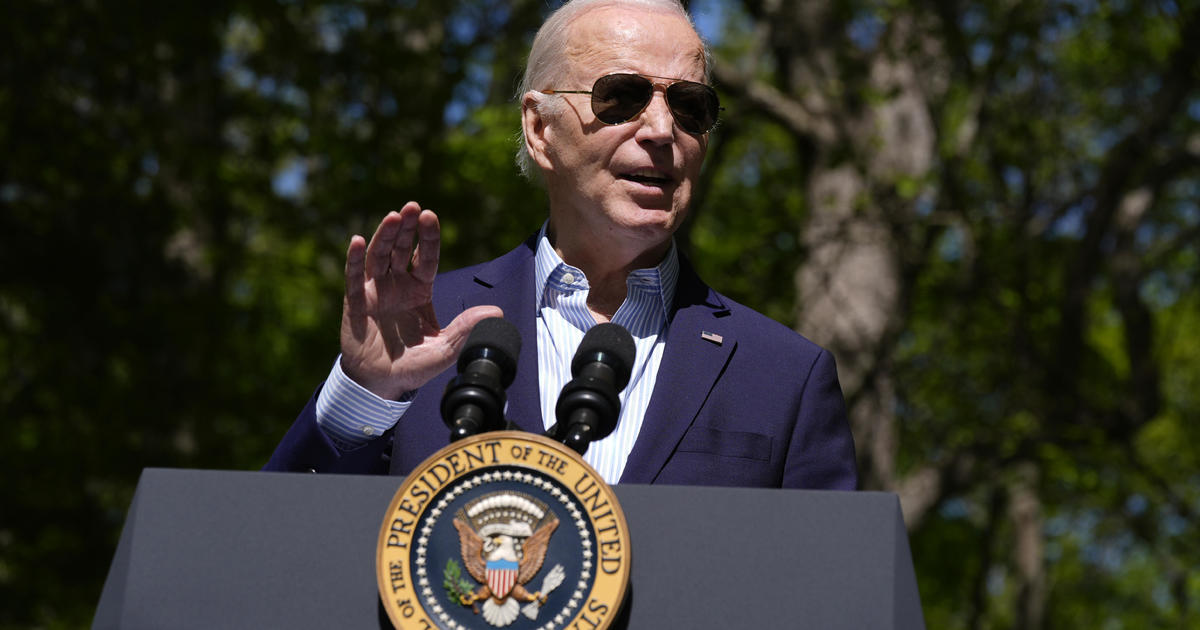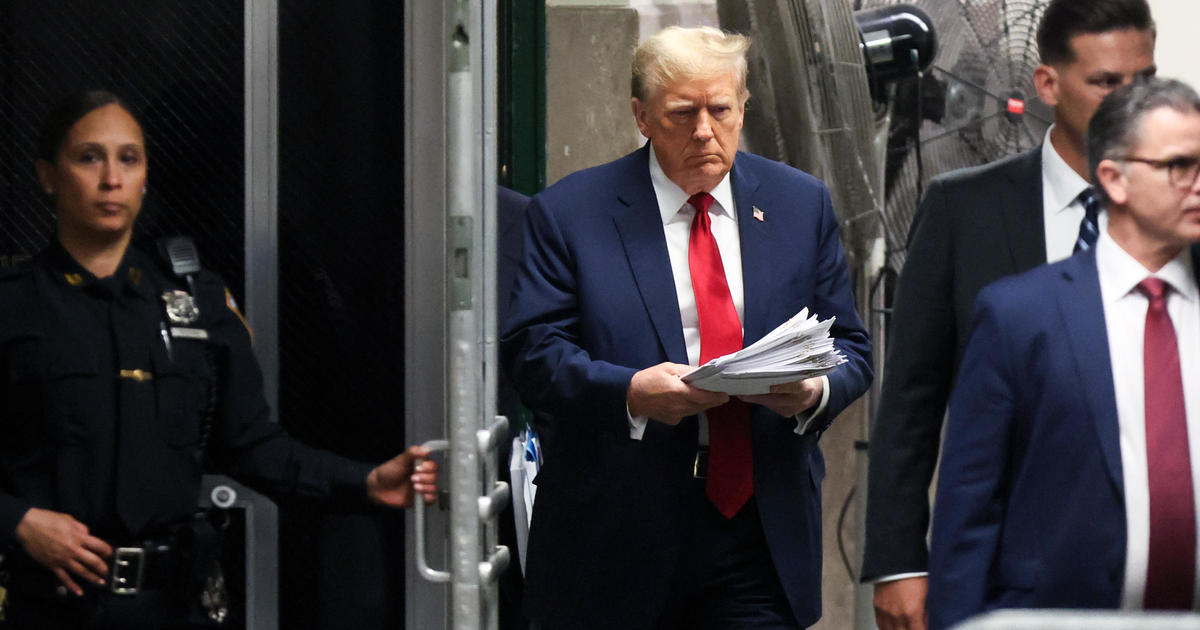Trump signs executive order targeting anti-Semitism on college campuses
President Trump has signed an executive order targeting anti-Semitism on college campuses. The order, which is likely to draw criticism from free speech advocates, broadens the federal government's definition of anti-Semitism and instruct it to be used in enforcing laws against discrimination on college campuses.
Mr. Trump announced the order in the East Room during a Hanukkah event, standing alongside Patriots owner Bob Kraft and his senior adviser and son-in-law Jared Kushner, among others.
"If you want to accept the tremendous amount of federal dollars that you get every year, you must reject anti-Semitism, it's very simple," the president said of universities.
Kushner wrote an op-ed Tuesday published in the New York Times on the executive order, and the administration's desire to combat anti-Semitism.
"As the poison of anti-Semitism spreads with dangerous violence throughout Europe, the Middle East, and even here at home—most recently in a horrific attack on Tuesday in Jersey City—President Trump is taking meaningful action to crush this evil," Kushner wrote.
Mr. Trump has been accused of using anti-Semitic tropes in some of his comments about Jews and money. But he has also closely aligned himself with Israel, including moving the U.S. Embassy from Tel Aviv to Jerusalem and taking a hard line against Iran.
In the order, Mr. Trump told the Department of Education to consider the International Holocaust Remembrance Alliance's definition of anti-Semitism — which can include criticism of Israel — when evaluating discrimination complaints under Title VI of the Civil Rights Act.
Title VI bars discrimination on the basis of race, color and national origin at colleges and universities that receive federal funding. One official said Mr. Trump's order would make it clear that Title VI will apply to anti-Semitism as defined by the IHRA. That definition says anti-Semitism may include "targeting of the state of Israel."
Still, a second official insisted the order was not intended to limit freedom of expression and was not aimed at suppressing the boycott, divestment, sanctions movement known as BDS that aims to support Palestinian aspirations for statehood by refusing to purchase Israeli products or invest in Israeli companies. The movement is on the rise, sparking tension on many college campuses.
The Israeli government has urged allies to rein in the boycott movement, while its backers deny anti-Semitism charges and describe themselves as critical of Israeli decision-making, not Jews.
A third official said the order was a response to an alarming rise in the number of anti-Semitic incidents on campuses and would mean that Jewish students who are discriminated against for their religion have the same kind of recourse as black students who are victimized by racism.
The Anti-Defamation League's Center on Extremism found white supremacist propaganda on campuses up 7% from the last academic year, which ended this May.
Previous attempts to clarify and codify the application of Title VI to anti-Semitic acts have become bogged down in debates over whether Judaism should be seen as race or is indicative of a national origin. Free-speech advocates have also expressed concerns that a broader definition of anti-Semitism might be used to limit criticism of Israeli government actions.
The Republican Jewish Coalition applauded the move, with the group's chairman, former Senator Norm Coleman, calling it "a truly historic and important moment for Jewish Americans" and hailing Mr. Trump as "the most pro-Jewish President" in the nation's history.
The Trump administration has previously acted to constrain perceived campus anti-Semitism, last year reopening a case of alleged discrimination against Jewish students at Rutgers University in New Jersey.
The ADL and the Academic Engagement Network released model guidelines for faculty in November after two instructors at the University of Michigan declined to write letters of recommendation for students seeking to study abroad in Israel.
Mr. Trump delivered a speech on Saturday night that featured remarks from a recent New York University graduate who had accused the school of failing to protect its Jewish students from harassment.



